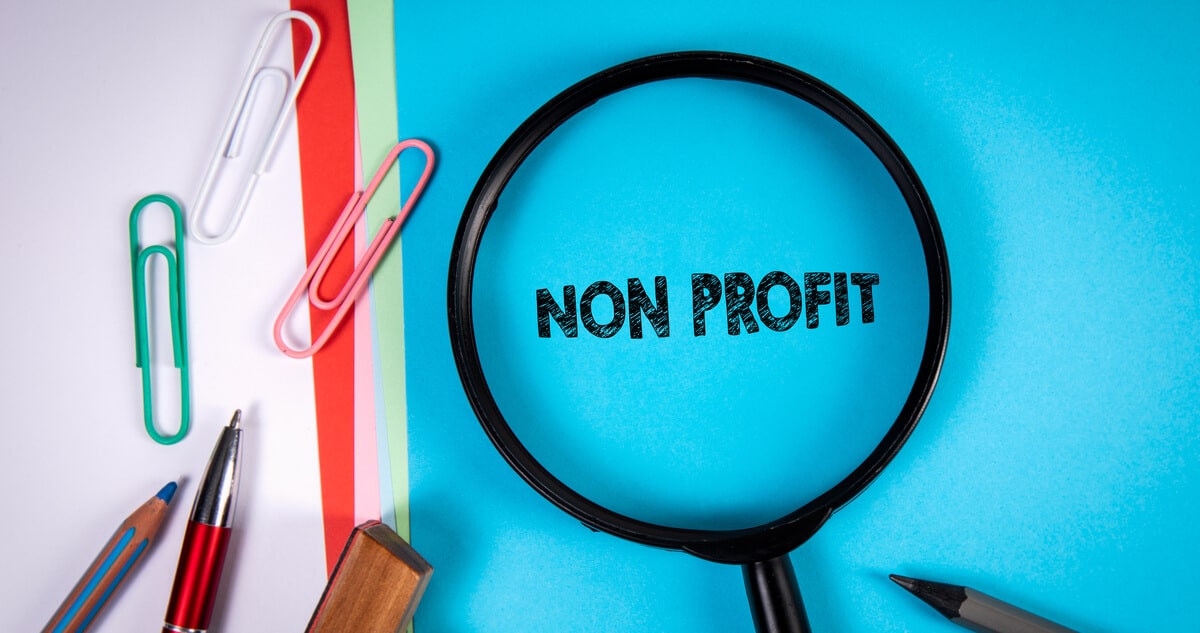TYSONS OFFICE
What qualifies as intellectual property?
Intellectual property is a collection of intangible assets that you create for your business. This may include your business’s name, automated processes and logo designs. These unique items must be protected.
There are four common kinds of intellectual property that you should protect. These include:
- Trademarks
- Patents
- Trade secrets
- Copyrights
Here is more about each one.
Trademarks
The first type of intellectual property to address is trademarks. These are symbols, phrases, names and items that set your business apart from others. They are distinctive and linked only to your business. You may use them to promote or sell your product or service.
You can register your trademark with the state and federal government. Remember, if you register within a state, you’re only protected in that state.
Why should you care about trademark protection? Learn why from one of our trademark attorneys!
Patents
There are a few kinds of patents that you may want to protect. These include:
- Utility patents
- Plant patents
- Design patents
Once you have a unique, new invention, plant or design, file your patent with the U.S. Patent and Trademark Office. If the patent is granted, then you will have protection against others using your ideas and products for several years. The length of the patent is usually 15 to 20 years, depending on the type you receive.
Trade secrets
Protecting your trade secrets will also help your business. You may have unique formulas or techniques that you want to make sure other businesses don’t use. Protecting these might be harder than some other intellectual property, but using nondisclosure agreements, limiting who has access to those secrets and taking legal action against those who disclose them can help.
Copyrights
Finally, there are copyrights. Whenever you have an idea, you should get it copyrighted. For example, you can copyright:
- Software
- Books
- Video and sound recordings
- Graphic arts
- Architectural designs
If you have a new idea, you need to register it to make sure it’s protected. This gives you leverage if someone infringes on the copyright.
Also, keep in mind copyright law is continuing to evolve. Since the widespread adoption of ChatGPT, AI copyright has introduced new challenges for writers and artists. Be sure to take special precautions when using and disclosing you used artificial intelligence to create a work you’d like to copyright.
As you can see, there are many types of intellectual property that need to be protected. Your attorney can review options with you to help keep those pieces of property safe.




